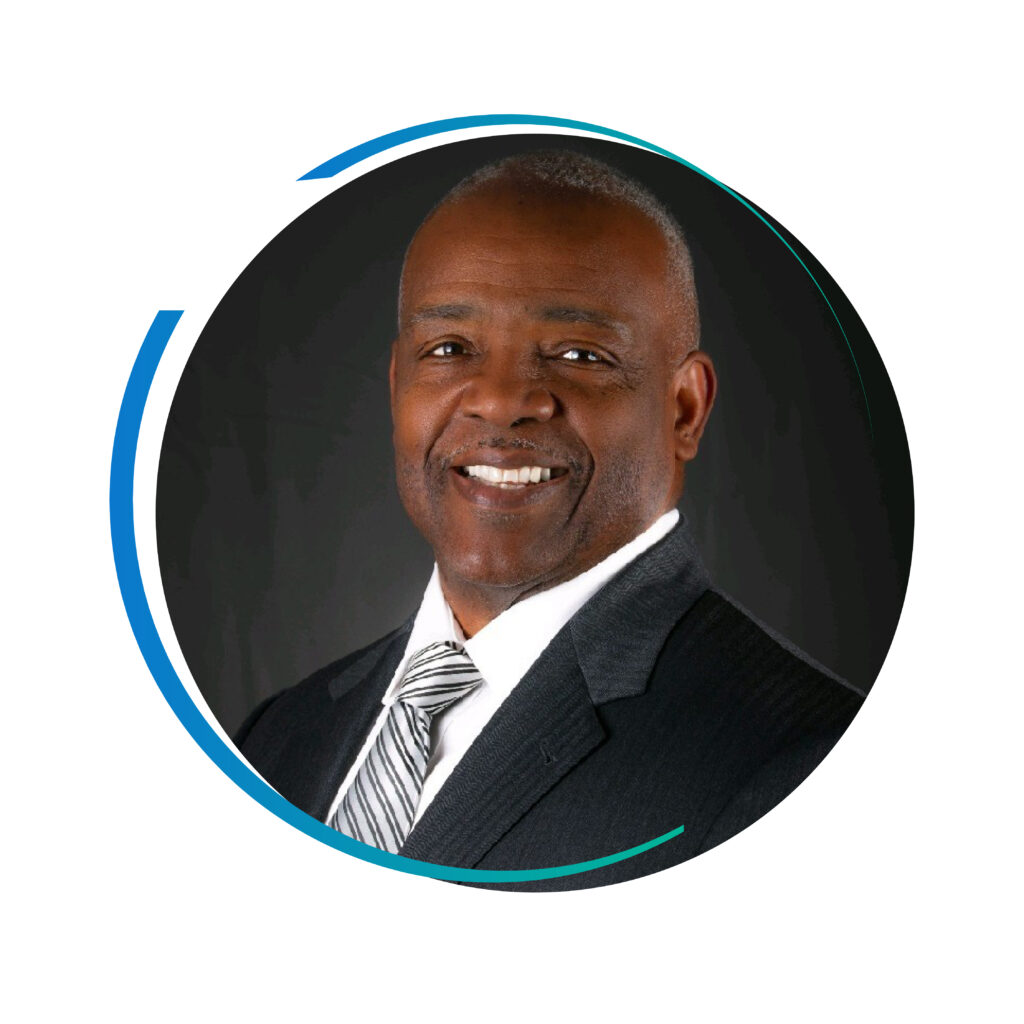“Access to education and training is essential to empower the Black workforce and drive more Black leadership,” said Brye McMillon, DMin, Senior Security Manager, and engaged Leader of the Black Excellence Council at Lockheed Martin
Despite racial achievement gaps significantly shrinking since they first started being measured in the 1970s, there is still a long way to go for Black students in the USA before they have the same access to education as white students across all states. Racial achievement gap analysis is crucial to determine whether students of all races have good access to education, and Stanford University drives the research.
Brye McMillon, DMin, Senior Security Manager, and engaged Leader in the Black Excellence Council at Lockheed Martin, says that he has seen a considerable change in education and access to opportunities for the Black workforce since he first joined the workforce in the late 1970s, but despite this, the USA has not quite reached equal opportunities for all.
“I think there has been a significant move to the right for good concerning inclusion, equity, and diversity in the workplace. It has been monumental. Education, opportunities, promotions, advancement, all those things have improved, and you see more diversity now in the workplace. We’re almost where we ought to be, although there is still an underpinning of folks who do not support diversity, equity, and inclusion,” McMillon noted.
Equal opportunity access

Opportunity and education access has significantly surged since 2010, allowing more Black students to gain better opportunities and career paths to leadership roles. However, one of the biggest challenges is that those areas that can pay more taxes have better schools and options for students. In contrast, lower-income areas with more public schools have reduced growth opportunities, fewer experienced teachers and equipment access, and more.
“I graduated high school in Orrville, Alabama. The level of education was not very good, and I still succeeded. If you are motivated and push, you can succeed despite poor education, but it is more of a challenge. Education has moved a long way, but there are still locales that don’t have a great school system,” explained McMillon. “How do we fix that? If we truly want a diverse workforce, we must figure out how to not just level the playing field but offer an equitable education level for every child. Then the cream will rise to the top. But what is left on the bottom still must be drunk. What you want is a system that educates everybody but allows those who are advanced and moving fast to still move without leaving others behind.”
During the Bush era, he had the slogan, “No Child Left Behind.” According to McMillon, this sounded good but didn’t impact the Black child living in Orville, Alabama, because nothing changed. Politics at the national level must result in change at the local level when it comes to education. The next step for our states to focus on is getting every child through the education system from first grade to finishing high school.
“We must motivate Black children in high school to become Black leaders. In the Black community, everyone wants to be Michael Jordan or Kobe. Very few will ever get close to that dream. They get to college, cannot make the basketball team, and leave college because they have nothing to aspire to. I believe corporate America must take some responsibility to help educate and develop people. Personally, I’m called to engage with schools at every level to grow corporate leaders, starting in middle school to make sure they see that Black leadership is attainable, admirable, and something you ought to aspire to,” said McMillon.
Corporate America must step up
Corporate America at the executive level must make changes and develop Black leaders. To do that, corporate America’s leaders must figure out what level of recruitment they need at the bottom. According to McMillon, they need to understand what qualifications, what education, and how many students they need to bring in at the bottom to ensure that a certain number succeeds through to mid and high-level management.
Corporate America must have education and development that is equal across all functional areas and that allow equality and equity in advancement so that when the Black workforce gets to mid-level management, there is sufficient representation of qualified candidates for senior-level management, which allows for equitable representation at the executive level.
“Once one person succeeds, it opens up more opportunity for others who look and act and sound like that person who succeeded,” said McMillon.
It is also essential for businesses or leaders to have a presence in the community.
“You must be seen and engaged. You must be caring and concerned. Just your presence and building relationships will inspire someone to want to know more about you and why you do what you do, which can change and advance the entire community,” explained McMillon.
The Black Excellence Council is one of Lockheed Martin’s Business Resource Groups (BRGs). The company’s BRGs and employee networks are key components of workplace inclusion programs, providing a direct benefit to both employees and the corporation through professional development, awareness, and education. Lockheed Martin’s BRGs are voluntary, employee-led groups that foster a diverse and inclusive workplace aligned with our organizational mission, values, goals, and business practices.

Brye McMillon, DMin, Senior Security Manager, and engaged Leader in the Black Excellence Council at Lockheed Martin
Brye McMillon is currently serving as the Senior Security Manager, Southern Region, for Lockheed Martin Space Company, Huntsville, Alabama. In this role, Brye provides security management, leadership, and oversight for a team of Security Professionals throughout the Southern Region. He is a leader of leaders and is focused on the development and well-being of his team. Brye is a leader in every aspect of life. When not leading at Lockheed, Brye is the President of a Not-for-Profit entity dedicated to caring and development of the individual and community in which he lives. Additionally, he serves as Pastor at Ebenezer Missionary Baptist Church, Athens, Alabama. He is a 30-year retired Air Force Veteran and holds a Doctor of Ministry Degree from Liberty Theological Seminary. He is a Graduate of the FBI National Academy and holds a Graduate Certificate in Higher Educational leadership from Northcentral University, Scottsdale, Arizona.



